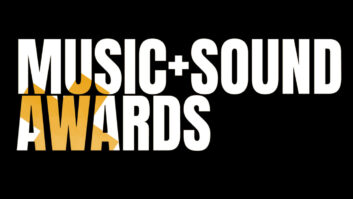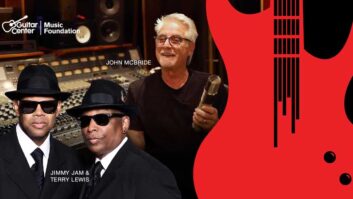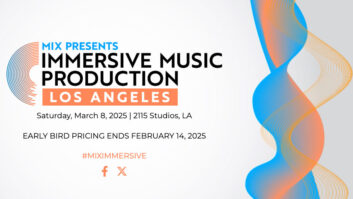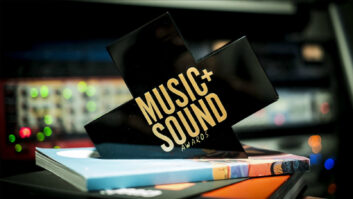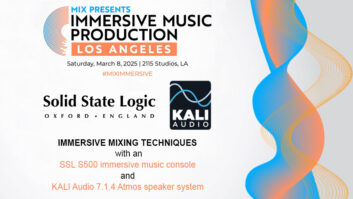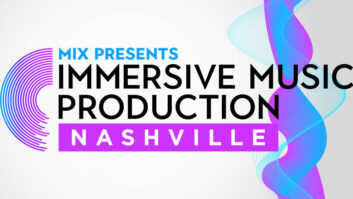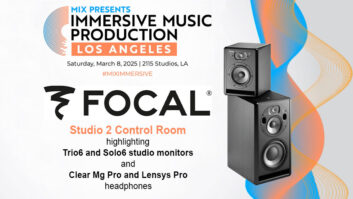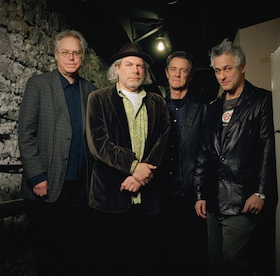
From left: Bill Frisell, Buddy Miller, Greg Leisz and Marc Ribot
Musician/composer/producer/engineer Buddy Miller is celebrating a couple of deserved Grammy noms for producing Robert Plant’s Band of Joy album and Patty Griffin’s gospel record Downtown Church. He’s also getting ready to release his latest project, The Majestic Silver Strings, which he produced in his home studio, and which brings together four eclectic guitarists—himself, Marc Ribot, Bill Frisell and Greg Leisz—along with drummer Jay Bellerose, bass player Dennis Crouch and guest vocalists including Lee Ann Womack, Emmylou Harris, Griffin, Shawn Colvin, Chocolate Genius and Miller’s wife, singer/songwriter Julie Miller. Silver Strings offers unusual takes on some country songs, emphasizing the bent beauty and restraint that are hallmarks of all four guitarists.
Miller says that the hardest part of pulling this project off was coordinating the schedules of such a stellar group. But once the dates were booked, each of the guitar players brought in songs for discussion. Miller himself came in with 50 possible choices. The track list was eventually narrowed down to 13 songs, including chestnuts like “Return to Me” and “Why Baby Why”; instrumentals “Freight Train” and “Cattle Call”; and the most dramatically altered track, Chocolate Genius singing an intense, aggressive version of Roger Miller’s “Dang Me.”
“You think you know that song as kind of an up, funny little ditty, and when you hear [Chocolate Genius sing] it, you realize you don’t really know that song,” Miller says. “It’s really dark when you hear the lyrics sung in a sort of minor key and slowed down.”
All of the songs went down live, with the musicians sitting in a wide circle. Engineer Mike Poole, who also tracked Griffin’s album, recorded about three songs a day. “Buddy always works with such great people,” Poole says, “and what he does is really different even from what other people are doing in their home studios when you consider the consistent quality output and the high-profile artists he works with.”
Poole tracked to a 2-inch analog MCI JH1624 16-track, which gave them just a little trouble; the flanges on the reels made noise on some of the songs. “So while the singers were singing, Mike would be holding a big piece of foam in front of the tape machine,” Miller says.
Poole captured almost all of the vocals with a Telefunken AK-47, but Miller recorded his wife’s vocals and some of his own after hours using an Avantone BV-1. As for the guitarists and their tremendous arsenal, Miller’s electrics took a Royer R-121 mic and a Vintech 473 mic pre; acoustics were to a Sony C-37A or Telefunken AK-47 through an API 3124 pre. Frisell’s electric guitars went to a Cascade Fathead II and Vintech 473; acoustics to an AK-47 or ELAM 251 and an API 3124. Marc Ribot’s electrics were miked with a Sennheiser 409 to a Vintech 473; acoustics took the ELAM 251 and an API 3124. And last but not least, Greg Leisz’s pedal/lap steel guitars were miked with a Cascade Fathead II to a Vintech 473 pre.
Miller mixed the record himself, which he says was a fairly simple process: “There might have been a couple of overdubs, but all the sounds on this record we just got live off the floor,” he says. “But I didn’t want it to be a record of guitar players getting together and just jamming and playing over each other. We wanted to make a song-based record, a singer-based record, with guitars being more of a melodic voice.”
